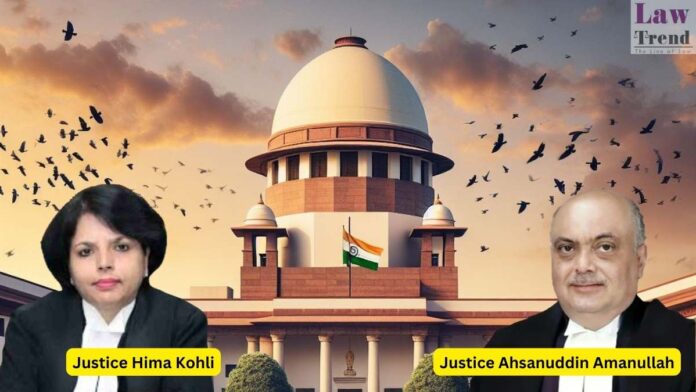The case revolves around a financial dispute between Sri Sujies Benefit Funds Limited (the appellant) and Mr. M. Jaganathuan (the respondent), arising out of the dishonor of a cheque issued by the respondent. The respondent, who was a subscriber to the appellant’s chit-fund company, had borrowed multiple loans from the appellant over a period of
To Read More Please Subscribe to VIP Membership for Unlimited Access to All the Articles, Download Available Copies of Judgments/Order, Acess to Central/State Bare Acts, Advertisement Free Content, Access to More than 4000 Legal Drafts( Readymade Editable Formats of Suits, Petitions, Writs, Legal Notices, Divorce Petitions, 138 Notices, Bail Applications etc.) in Hindi and English.




